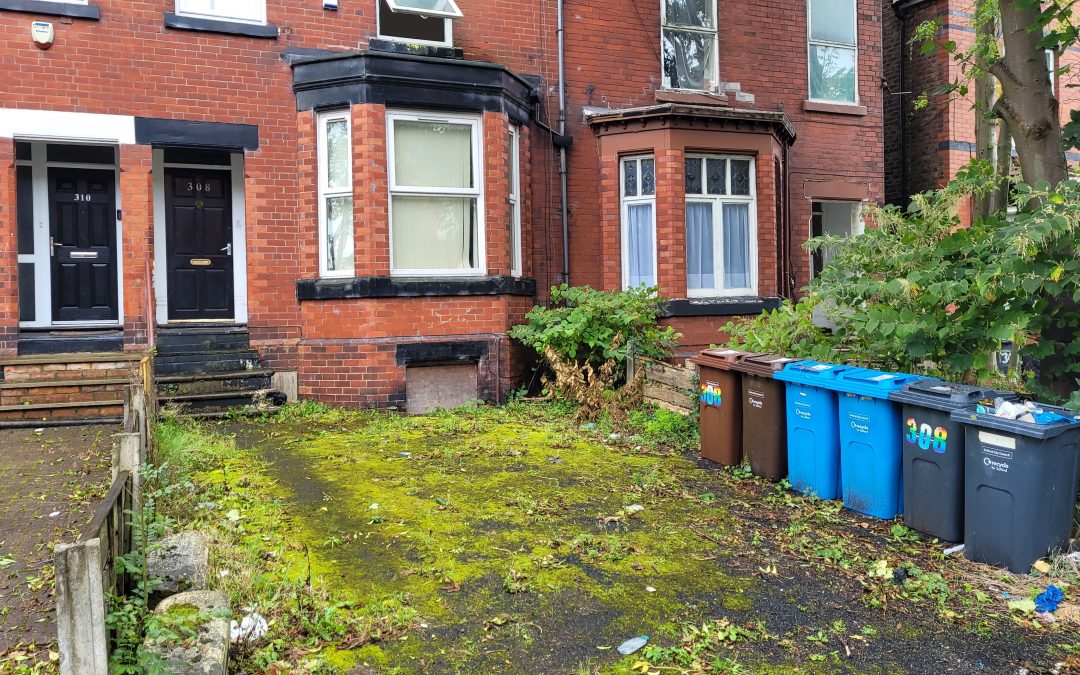What happens if I buy a house with Japanese knotweed in[2023]?
Potential consequences of buying a house with Japanese knotweed can include damage to buildings—negative impact on property values, treatment costs & legal issues.
- Damage to buildings and infrastructure. The plant’s strong roots can grow through gaps in concrete and tarmac, causing damage to buildings, walls, and roads.
- Property value: The presence of Japanese knotweed on a property can negatively impact its value, making it harder to sell in the future.
- Cost of treatment: Removing Japanese knotweed can be costly and may require multiple methods, including digging up the roots and using herbicides.
- Legal issues: If the infestation is not managed correctly, you could be liable for damages if the plant spreads to neighbouring properties.
It is essential to be aware of the presence of Japanese knotweed on a property before you buy it. The law requires homeowners to disclose any known issues with the property. It can include the presence of Japanese knotweed. A potential buyer will likely have a survey on the property and if Japanese knotweed is found. It will be noted in the report.
Get a Japanese knotweed survey from a specialist.
Moreover, It’s important to consider the cost of treatment and management of the infestation when purchasing a property with Japanese knotweed. Consult with legal experts to ensure compliance with all the laws and regulations regarding selling a property affected by Japanese knotweed.
If the property you purchased contained Japanese knotweed and a professional survey revealed that the seller failed to disclose this information. You may be able to claim compensation. Furthermore, this compensation can be claimed due to the potential harm caused by the knotweed. And the impact it can have on the property value. In such a case, it’s recommended to seek legal advice. To assess the possibility of a successful compensation claim, what happens if I buy a house with Japanese knotweed?
What are the success rates for wrong full sales regarding Japanese Knotweed?
Due to Japanese knotweed, it is difficult to determine a specific success rate for lawsuits related to wrongful sales. Moreover, each case is unique and depends on various factors, such as the strength of the evidence—and the skill of legal representation. A well-prepared with solid evidence and clear contractual obligations tends to have a higher success rate. Therefore, It’s important to note that even with a strong case, there is always a risk of losing in court. The outcome is not guaranteed. It’s always advisable to seek the advice of a solicitor with experience. In these types of cases, assess the strength of your case and advise on the best course of action.
If you are planning to sue for wrongful sale due to Japanese knotweed, a solicitor will need to know the following information:
- Details of the sale transaction: The date of sale, the parties involved, and the sale agreement terms.
- Evidence of the presence of Japanese knotweed: This may include photographs, expert reports, and any documentation from the seller or local authorities.
- Proof of the impact of Japanese knotweed. You will need to demonstrate how the presence of Japanese knotweed has affected your property. Such as building damage, reduced value, or difficulties obtaining a mortgage.
- Contractual obligations of the seller. Your solicitor will need to know if the seller had any obligations to disclose the presence of Japanese knotweed and if they failed to do so.
- Legal precedent: Your solicitor must know any relevant case law or legislation that may impact your claim. Such as the Consumer Protection from Unfair Trading Regulations 2008.
- Time limitations: There may be a time limit for bringing a claim. So, acting quickly and seeking legal advice as soon as possible is crucial.
